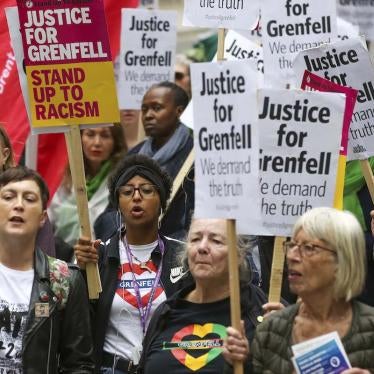When Rachelle, 35, a single working mother in London, received her first Universal Credit payment in March, she had a panic attack. It was far short of what she needed to pay the rent and support her two children, one of whom has a disability. “I am living on whatever I can find in my cupboard at the moment,” she said when we spoke in March. “I skip a meal so my children can eat and to ensure the bills are paid.”
This week, the Court of Appeal ordered the UK government to correct a glitch in the country’s automated benefits system that was pushing Rachelle and thousands of claimants like her into desperate financial straits. The glitch, which affects how the benefit is calculated, was causing claimants to receive less money than they were entitled to, and their payments to fluctuate wildly.
This victory for claimants’ rights comes during a time of unprecedented demand for social security support. Since the beginning of the Covid-19 crisis, approximately 3 million people have applied for Universal Credit, a monthly benefit. The government has relaxed the rules for claiming the benefit and increased the size of the award to help people cope with the economic fallout. But it has so far refused to correct longstanding flaws in the program’s automated design.
This is not only causing problems for claimants like Rachelle, whose payments are easier to calculate using the automated system because they draw a regular monthly salary. Claimants with irregular pay and working hours – an increasingly common experience in the gig economy – are also suffering unpredictable cuts and fluctuations in their benefit. This makes it more difficult to budget on a low income, forcing many into debt and to rely on food banks.
This week’s ruling does not address all the problems, but it sends a clear signal that automating the benefits system cannot come at the expense of the rights of the poorest and most vulnerable people.
The government should not wait for the courts to undo their mistakes. Anti-poverty experts have proposed changes to how the benefit is calculated and paid to better protect the rights of claimants. While the government evaluates these changes, it should introduce stopgap measures to help claimants cope with flaws in the automated scheme.









